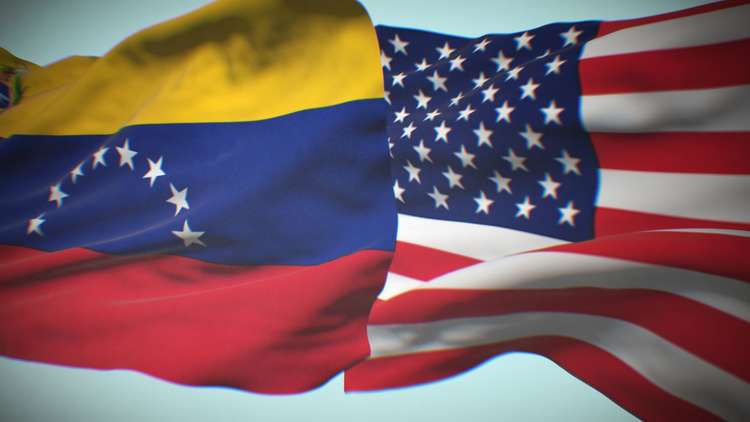Trump Hints at Key Decision on Venezuela Amid Increased U.S. Military Presence

As U.S. military activity escalates in the Caribbean, President Donald Trump suggested he has made a significant decision regarding Venezuela during remarks made Friday night while heading to his Florida resort.
Trump told reporters, "I have made my decision to some extent. I can't tell you what it is, but we have made great progress with Venezuela in stopping the flow of drugs."
His comments came just hours after Defense Secretary Pete Hegseth announced the launch of a new military operation in Latin America called "Southern Lance," aimed at targeting drug traffickers, though he did not provide further details.
In this context, sources revealed that several senior officials from the U.S. administration held three separate meetings at the White House last week to discuss options for potential military operations in Venezuela.
These developments underscore the U.S. campaign announced weeks ago to combat drug trafficking, which has included attacks in the Caribbean and Pacific Oceans targeting vessels suspected of being used for drug smuggling. The U.S. has recently deployed substantial aerial and naval military capabilities in the region, highlighted by the aircraft carrier "Gerald Ford."
According to U.S. data, attacks carried out by Washington in international waters in recent weeks have resulted in the destruction of approximately 20 vessels and the deaths of at least 76 individuals. However, the U.S. administration has not publicly provided evidence that these vessels were indeed involved in drug trafficking.
These actions have drawn international criticism and raised concerns that Washington's hidden agenda may be to overthrow Venezuelan President Nicolás Maduro. CBS News reported that military officials presented Trump with additional options that include potential airstrikes within Venezuelan territory.
In response to the U.S. escalation, Venezuela announced last Tuesday a "massive" deployment of its military across the country to confront what it described as U.S. "imperialism," indicating an "intensive deployment of ground, air, naval, and riverine forces, missiles, weapon systems, military units, and Bolivarian militias" that include both civilians and retired military personnel to reinforce regular forces.
